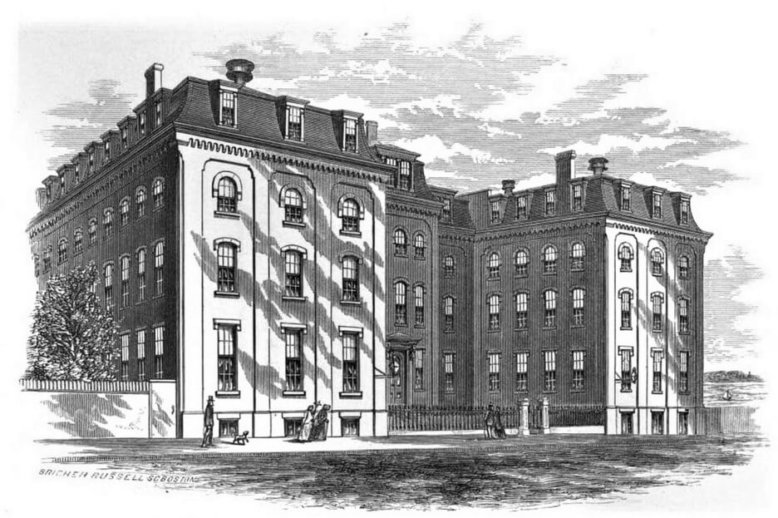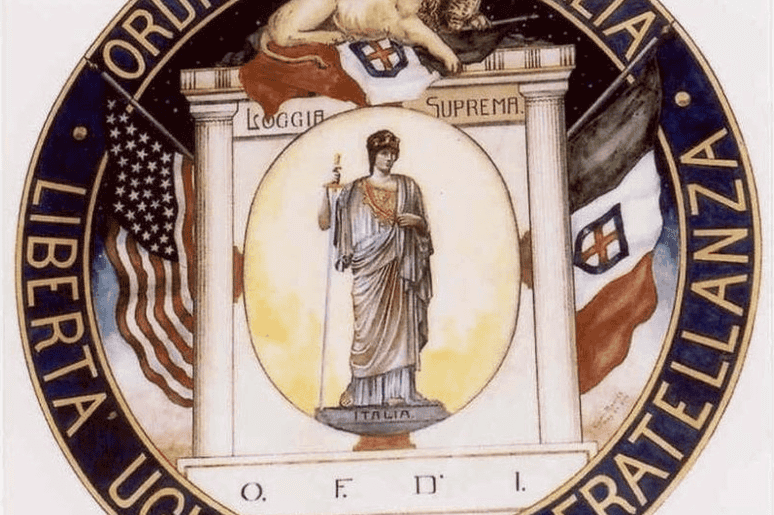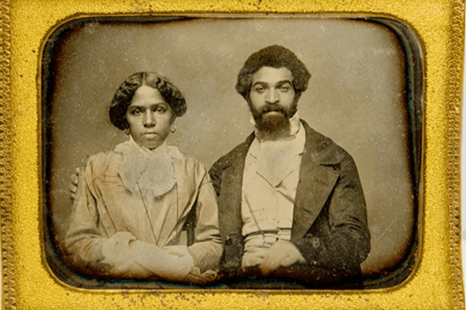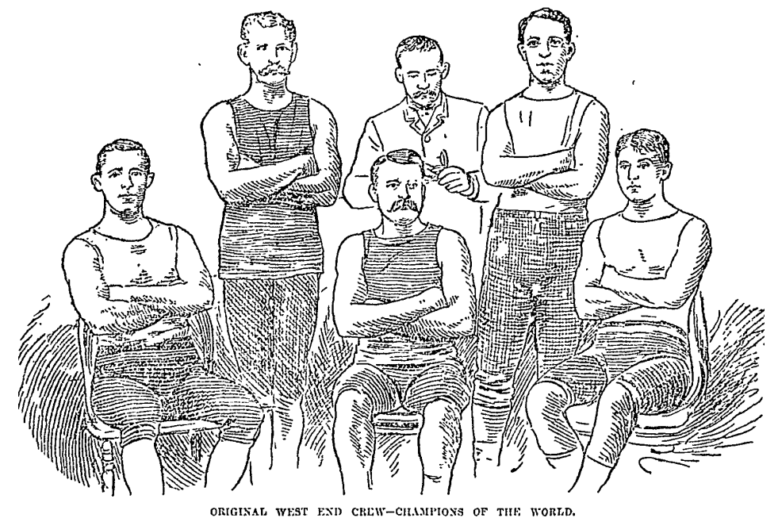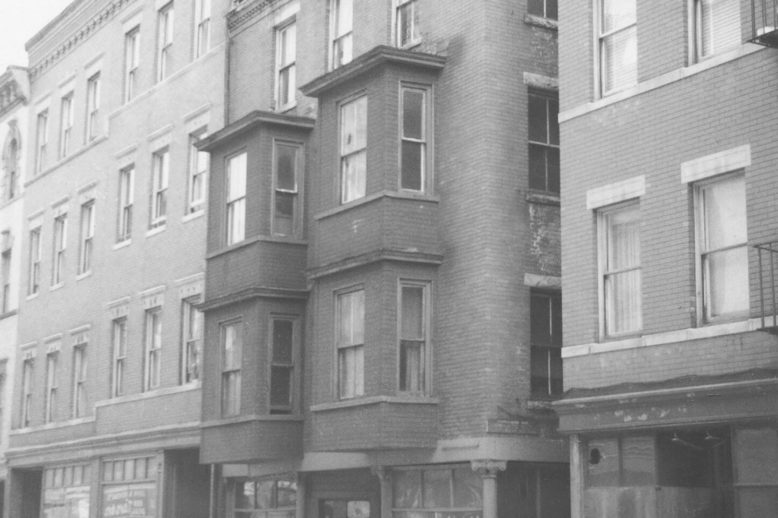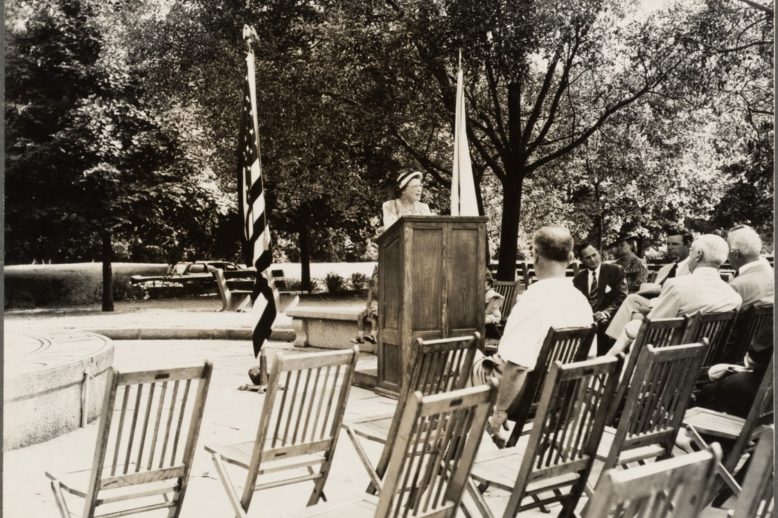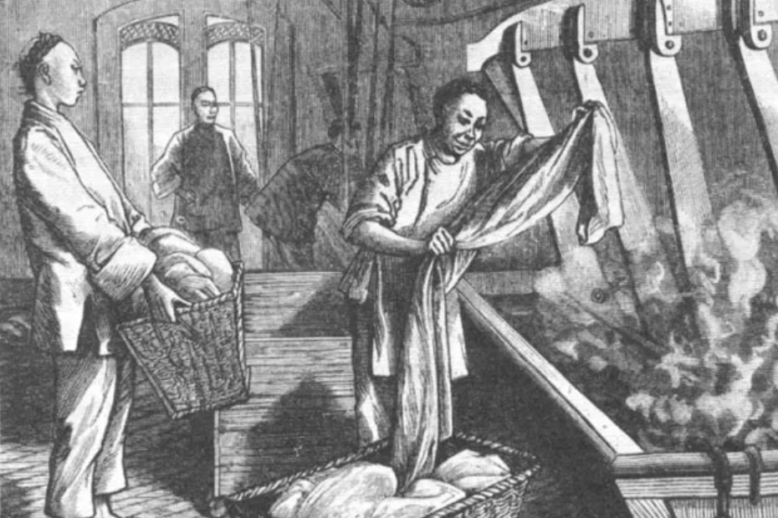Topic: Immigration
Immigration to the United States, first generation immigrant experiences
The Home for Aged Colored Women was founded in the historic West End, on the north slope of Beacon Hill in 1860. The organization’s objective was to financially support and house elderly and poor Black women being turned away from existing charitable institutions. The organization raised enough funds to build an institution that served the community through the 1940s.
The West End Dante Alighieri Lodge, a chapter of the Order Sons of Italy, was founded on November 28, 1926. The Order Sons of Italy reflected the values held by the West End’s Italian-American immigrant community in the early twentieth century.
Raymond Reddick, a lifelong Boston resident who is now 74 years old, has spent decades collecting, documenting, and speaking to different audiences about his extensive African-American family history with deep ties to the historic West End.
James Butler (1845-1921) was a famous rower who lived most of his life in the West End after his family came to the US from Ireland. He was instrumental in founding the West End Boat Club on the Charles River in 1865, and won many races with his brother, Thomas Butler.
Rose Berger Kubitsky immigrated to the West End from Poland in the early twentieth century. In the 1930s she founded “Berger’s Deli.” On Leverett Street, the deli was known by West Enders as “Berger’s Bar” because it evolved into a tavern, where Kubitsky simultaneously worked as owner and bouncer.
The West End’s dry goods stores provide valuable insights into the economic activity of the neighborhood. With data sourced from Boston Business Directories and Barry Oshry – the son of one of the West End’s most well-known dry goods business owners – providing insights on his family business, this report explores how one of the most essential industries in industrial America fared in the West End.
Fanny Goldstein, as head librarian of the West End Branch library from 1919 to 1957, bridged the West End’s diverse communities through literary exhibits and events such as “Jewish Book Week.” Goldstein, who immigrated from Russia as a young child and resided on Joy Street, was a true West End community leader.
Chinese immigrants owned and operated laundries in the West End during the nineteenth and early twentieth centuries, an under-emphasized aspect of the historic neighborhood’s multi-racial and multi-ethnic diversity.


